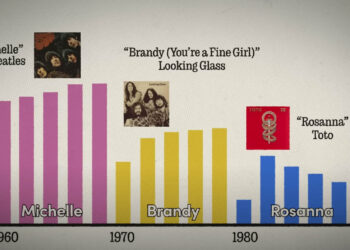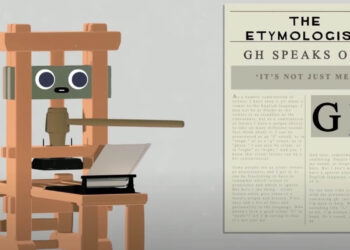
Image via Wikipedia
Yesterday, I published a post containing a neologism — pablumonium — that caught people’s attention. I was pleasantly surprised by the emails and feedback since it was a long post and a wry insertion of a strangely innocuous-looking neologism.
When I first wrote it out, I liked it. It felt like a gestalt of that phenomenon when mindless fluff dominates inordinate amounts of attention — pablum + pandemonium. It simultaneously seems to be something radioactive, far down the periodic table, unstable and dangerous.
And it seems to be something we see all too often — radioactive group-think and overreaction to some pretty insipid things.
Perhaps the premier satirist of our time, Stephen Colbert, famously coined “truthiness” in 2005. While the word had been used before and had been recorded in the Oxford English Dictionary, Colbert apparently conjured the word creatively himself just before going on-air with his “The Word” feature, making this a neologism in spirit at the very least.
It struck a nerve, and launched his show into the pop culture mainstream.
Since then, “truthiness” has gone on to become “word of the year” in a number of places, and was recently 1-across in the New York Times crossword.
Ironically, on Twitter, Colbert has thus far achieved only a certain “truthiness,” as he was imitated there by someone who fooled many people (including yours truly) into believing the real Colbert actually used the SMS service.
Now, I’m not suggesting that pablumonium has a future as meteoric as truthiness. A Google search shows only one other occurrence of the term, in a 2003 post apparently about a role-playing game of some sort. And unlike Stephen Colbert, who is talented and telegenic, I have the perfect face for blogging.
But pablumonium is a word you might see again, or find applications for, in the coming months.
Use it wisely.
And that’s the word.



